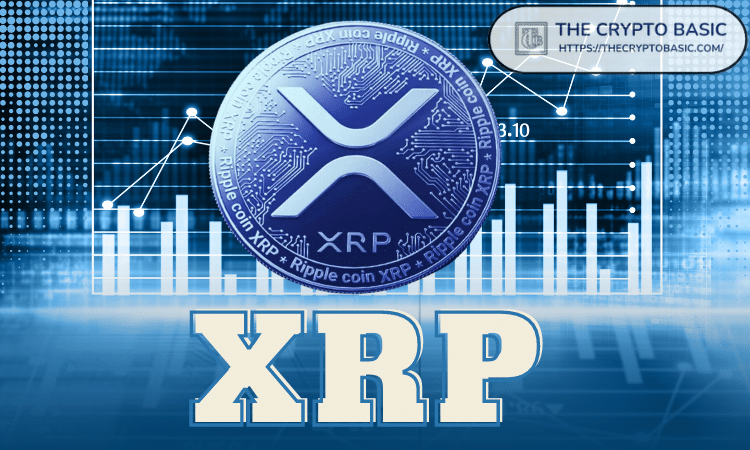Crypto security experts warn of risks in pending market structure bill
Global civil society organization Transparency International U.S. has urged lawmakers to reexamine some parts of the crypto market structure legislation. The bill is currently awaiting approval from Capitol Hill.
The organization expressed its concerns about the legislation in a letter to U.S. Senator Majority Leader John Thune and Senator Charles Schumer. Transparency International’s concerns are on the Digital Asset Market Clarity Act (CLARITY Act) and the Responsible Financial Innovation Act (RFIA).
Transparency International sees risks posed by the RFIA bill
The letter highlights the risks posed by the bills, with support from the Free Russia Foundation, Financial Accountability and Corporate Transparency Coalition, and Nate Sibley, the director of the Hudson Institute’s Kleptocracy Initiative. The parties want Congress to ensure that digital asset legislation includes measures to protect against money laundering and sanctions evasion, among other illicit activities.
The organization argued that virtual assets are becoming the new tools for laundering the proceeds of corruption, including bribery and embezzlement. The letter cited the example of Tareck El Aissami, a Venezuelan official accused of embezzling state funds into digital assets and laundering them through U.S. crypto exchanges.
The organization’s recommendations come in the wake of the recent market structure framework provided by Senate Democrats. The market structure framework highlights the need for stricter regulatory measures for cryptocurrencies. Democratic senators previously explained that the risks stemming from the high volatility of most digital assets pose a financial crisis under the RIFA.
The newly appointed executive director of the President’s Council of Advisors on Digital Assets, Patrick Witt, also called for Congress earlier this month to move quickly on cryptocurrency market structure legislation. He said at an industry event in Washington, D.C. on September 12 that getting the legislation over the finish line is a top priority.
The U.S. policymakers also argued that a loophole in the RFIA could allow decentralized crypto platforms to avoid policies designed to prevent money laundering and terrorist financing. Transparency International said in the letter that the U.S. Treasury Department should have the power to implement AML measures on DeFi platforms to prevent illicit activities.
The letter also advocates for measures to eliminate certain loopholes for crypto mixers. Digital asset mixers, like Tornado Cash, have previously been tied to criminal activities.
The authors argued that the RFIA would allow companies to avoid accountability by claiming they don’t operate in the U.S. They also maintained that any final legislation must ensure that crypto platforms serving U.S. customers must comply with U.S. sanctions and AML/CFT requirements.
GENIUS Act limits stablecoin issuers from offering yield
The authors also acknowledged the importance of creating a level playing field for stablecoin issuers. They stated that all stablecoin issuers must implement reasonable ecosystem-wide monitoring. According to them, the initiative could help ensure protections for investors while assuring they do not engage in illicit financial activities.
The GENIUS Act became law in July and stipulates that no stablecoin issuer can offer any yield or interest on holdings. Senate Democrats also suggested a prohibition on interest or yield paid either directly or via affiliates by stablecoin issuers. The stablecoin legislation prohibits issuers from offering yields directly or through affiliates, but does not block exchanges from doing so.
Banks advocated for the term through affiliates to be included in the stablecoin legislation, and even after it was signed into law, they haven’t stopped calling for the change. The Bank Policy Institute wrote in August that lawmakers should use the market structure bill to close the loophole created by the GENIUS Act.
The crypto industry sees the stablecoin bill as fair legislation that permits exchanges and affiliates to pay interest to holders. Crypto lobbying groups responded to the Bank Policy Institute’s statement, arguing that only banks having such allowances gives them an advantage and limits consumer options.
Your crypto news deserves attention - KEY Difference Wire puts you on 250+ top sites
Vous aimerez peut-être aussi

Why It Could Outperform Pepe Coin And Tron With Over $7m Already Raised

Top American Exchange Envisions XRP Surging 35,200% to $1,000
